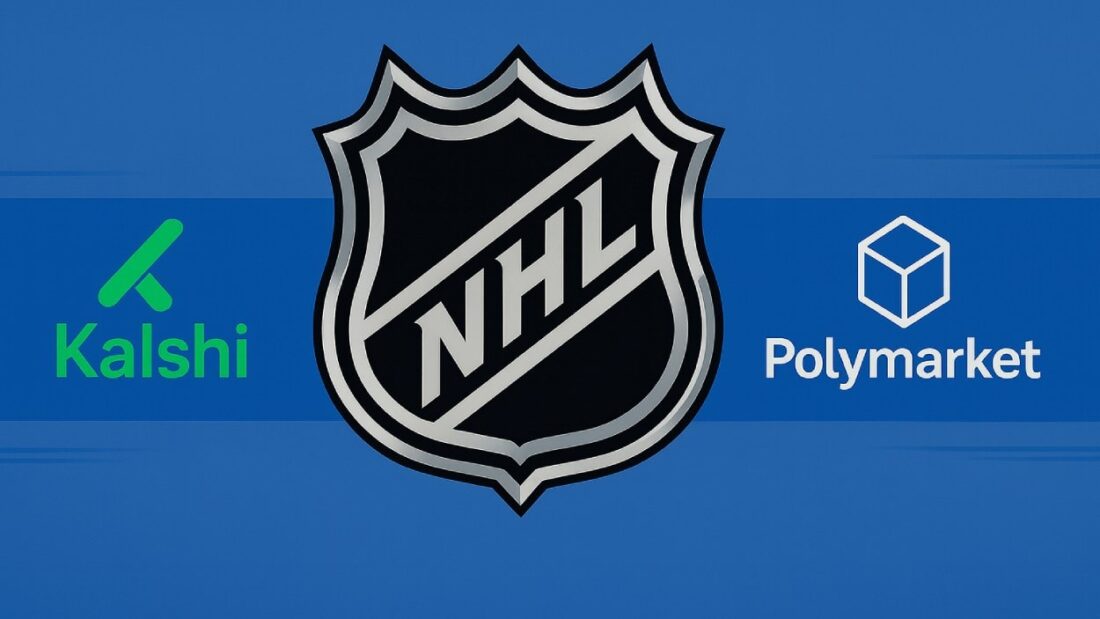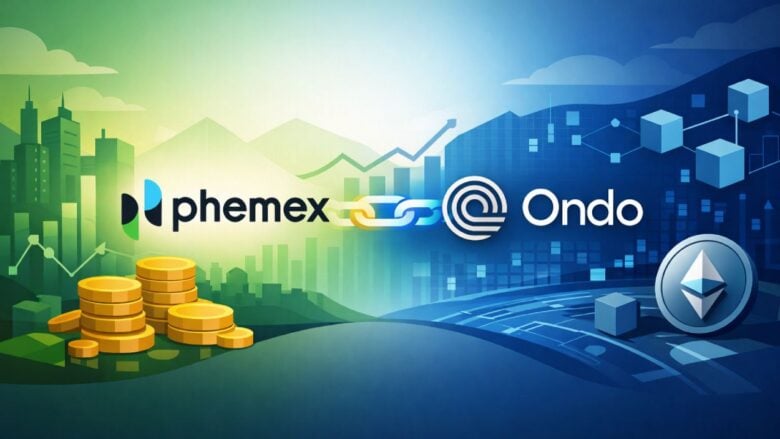The National Hockey League has taken a bold step into the future of sports engagement by signing historic multi-year partnerships with prediction market platforms Kalshi and Polymarket.
Key Takeaways
- NHL becomes the first major U.S. sports league to license its branding to prediction markets outside traditional sportsbooks.
- Kalshi and Polymarket gain rights to use official NHL logos, team names, and event designations like “Stanley Cup” on their platforms.
- The deals include access to proprietary NHL data and significant visibility during live broadcasts and major events.
- Kalshi, regulated by the CFTC, can operate nationwide, while Polymarket gears up for a U.S. relaunch backed by a $2 billion investment from ICE.
What Happened?
In a landmark shift for sports and finance, the NHL has inked licensing deals with Kalshi and Polymarket, officially recognizing prediction markets as part of the fan engagement ecosystem. These agreements give the platforms unprecedented access to league branding and data, allowing them to legally operate NHL-themed markets where users can trade on the outcomes of games and events.
Kalshi is now the Official Prediction Market Partner of the @NHL
— Kalshi (@Kalshi) October 22, 2025
A Big 4 league. A first-of-its-kind partnership.
The start of a new era. pic.twitter.com/bw1rA15kOe
NHL Ventures into the World of Prediction Markets
The agreements make Kalshi and Polymarket the first-ever official prediction market partners of a major U.S. sports league. Both companies will now be able to feature:
- NHL marks and logos.
- Proprietary game and team data.
- Use of terms like “Stanley Cup” across their trading platforms.
In addition, their partners and merchants are also licensed to use NHL branding in related products. This opens the door to a new layer of financial engagement for fans, distinct from traditional betting.
According to the NHL, the branding will appear during nationally broadcasted games via Digitally Enhanced Dasherboards (DED) and blue line slot virtual signage across high-profile events like the regular season, Stanley Cup Playoffs, NHL Winter Classic, and NHL Stadium Series.
Why This Deal Stands Out?
While the NHL already maintains partnerships with sportsbook giants like DraftKings, FanDuel, and BetMGM, this move is the league’s first foray into the non-sportsbook prediction market space. The deals reflect growing institutional interest in the intersection of sports and event-based derivatives.
Kalshi’s regulatory status under the Commodity Futures Trading Commission (CFTC) allows it to legally operate across all 50 U.S. states, even in areas where traditional sports betting remains restricted. This could offer a significant competitive edge over sportsbooks, particularly in states with strict gambling laws.
Meanwhile, Polymarket, a blockchain-powered platform that has previously faced U.S. regulatory challenges, is preparing to relaunch domestically. The company recently received a $2 billion investment from Intercontinental Exchange (ICE), the parent company of the New York Stock Exchange, potentially boosting its credibility and reach.
What Industry Leaders Are Saying?
Kalshi CEO Tarek Mansour highlighted the importance of the deal, saying:
Polymarket CEO Shayne Coplan echoed that sentiment:
From the NHL side, Keith Wachtel, President of NHL Business, stated:
CoinLaw’s Takeaway
In my experience covering the intersection of finance and sports, this deal is not just a novelty. It is a serious signal that prediction markets are becoming mainstream. The fact that the NHL is allowing its trademarks to be used in non-betting, derivative-style platforms shows how far the industry has come. Kalshi’s CFTC backing and Polymarket’s blockchain model are bringing legitimacy and innovation to what was once a fringe corner of finance. I found it especially interesting that sportsbooks’ parent companies like Flutter and DraftKings saw stock dips after this news broke. Clearly, the market sees this as a disruptive force. And if prediction markets continue to grow in popularity, more leagues will likely follow the NHL’s lead.


































































